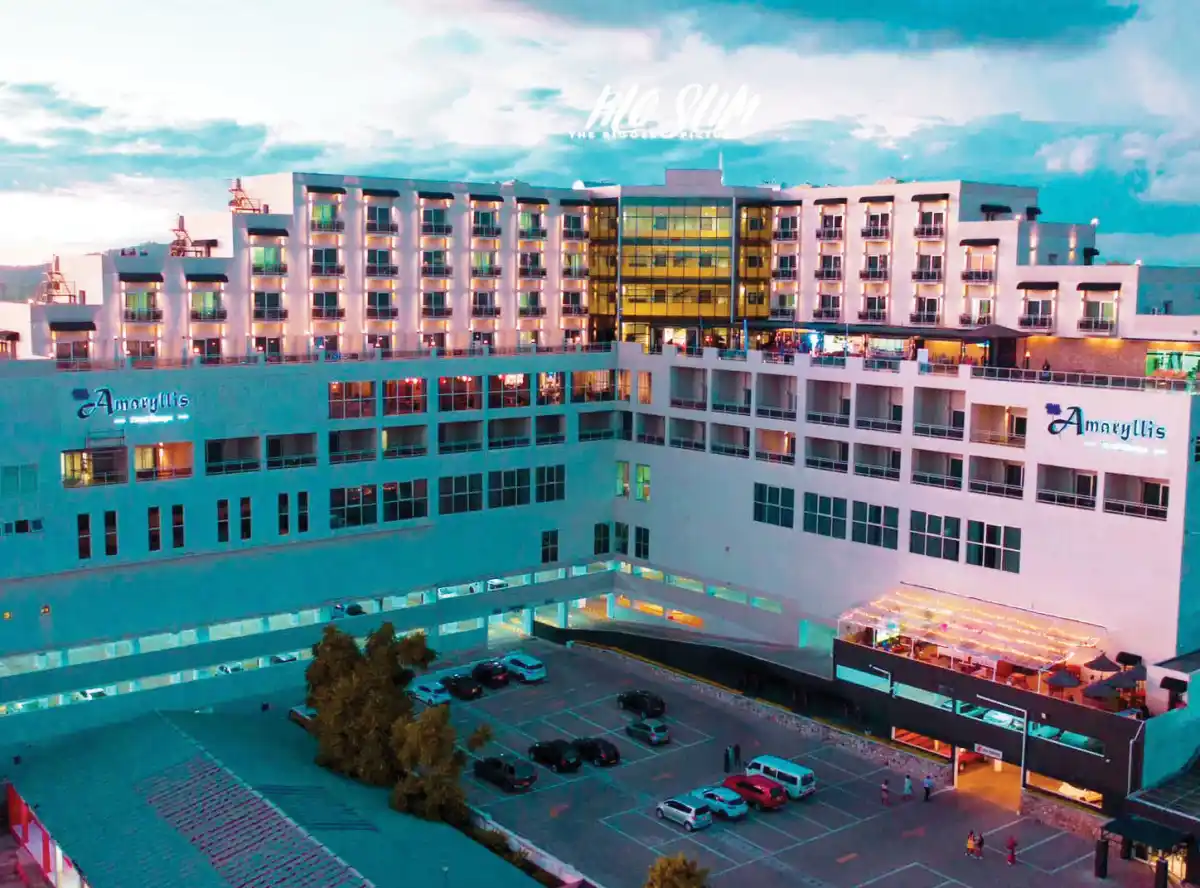

By Ramy Waheed:
In the fast-paced world of hospitality, where guest satisfaction and experience are paramount, marketing strategies have undergone a radical transformation all over the world.
Modern marketing tools and ideas are reshaping how hotels, resorts and restaurants engage with their audience, ensuring they not only attract new customers but also retain their loyalty.
Digital marketing has revolutionised the hospitality industry, providing a platform for institutions to connect directly with their target audience.
Social media channels like Facebook, Instagram and Twitter are at the forefront of this change.
Through paid ads on these platforms, hospitality businesses can precisely target potential guests based on their demographics and interests, Eye-catching visuals and videos showcasing property amenities and local attractions help captivate potential visitors.
Partnering influencers and travel bloggers allows hotels and resorts to reach wider audiences. Authentic reviews and experiences shared by influencers can significantly boost a property’s visibility and credibility.
We live in an era when most travel planning begins with a search engine. Search engine optimisation (SEO) has made content marketing indispensable.
Local SEO will be ensuring visibility in local search results and on Google Maps.
This is crucial for attracting nearby visitors. Local SEO strategies help hotels appear prominent when potential guests search for accommodation in a specific area.
Content marketing by creating informative and engaging content, such as travel guides and blog posts about local attractions, can drive organic traffic to a hotel’s website. This not only boosts search engine rankings but also positions the hotel as an expert in the local area.
Despite the rise of social media, email marketing remains a potent tool for direct communication with guests. Personalised email campaigns offering special promotions, loyalty programme updates, and customised recommendations can enhance guest experience and drive repeat bookings.
Automated email sequences can nurture potential guests from their initial inquiry to post-stay follow-ups, ensuring consistent and personalised engagement.
Customer Relationship Management (CRM) systems are invaluable for managing and analysing guest interactions and data.
CRM tools allow hotels to offer personalised marketing efforts, tailoring promotions and services based on guest preferences and booking history.
Integrating loyalty programmes within CRM systems encourages repeat business by rewarding loyal customers with exclusive perks and benefits.
Data analytics and artificial intelligence (AI) are transforming hospitality marketing by providing deep insights into guest behaviour and preferences. By analysing past data, hotels can anticipate future trends and guest needs, enabling proactive and strategic marketing.
AI-powered chatbots on websites and social media platforms can handle guest inquiries around the clock, offering instant assistance and enhancing the overall customer experience.
As what we have done, in Amaryllis Augmented Reality (AR) and Virtual Reality (VR) are introducing immersive experiences that significantly enhance marketing efforts.
VR Tours allows potential guests to take virtual tours of hotel rooms and facilities, offering a realistic preview that can influence booking decisions.
AR can create interactive maps and in-room guides, enriching the guest experience and providing valuable information in an engaging way.
Online reviews and ratings are crucial in the hospitality industry.
Effective reputation management involves actively monitoring and responding to reviews on platforms like TripAdvisor, Google Reviews and Yelp.
Encouraging satisfied guests to leave positive reviews can boost a hotel’s online reputation.
Promptly addressing negative feedback in a professional manner can mitigate potential damage to the brand’s image.
Modern consumers are increasingly eco-conscious and socially responsible. Marketing efforts that highlight sustainable practices and corporate social responsibility (CSR) initiatives resonate well with today’s guests.
Promoting eco-friendly practices such as energy conservation and waste reduction can attract environmentally conscious travellers.
Showcasing community involvement and charitable activities can enhance a hotel’s brand image and appeal to socially responsible guests.
As the hospitality sector in Malawi bounces back from the ills of the Covid pandemic, the above strategies can help reinforce the sector’s standing in the tourism industry and the entire economy.
There is a need for players in the sector to continue being innovative and enterprising beyond the traditional ways of doing business to get diverse desired outcomes.
Let us ride on the back of the prevailing momentum of the government’s tourism strategy to anchor and usher the sector to greater heights while contributing towards generating the much-needed foreign exchange.—Amaryllis Hotel General Manager








0 Comments